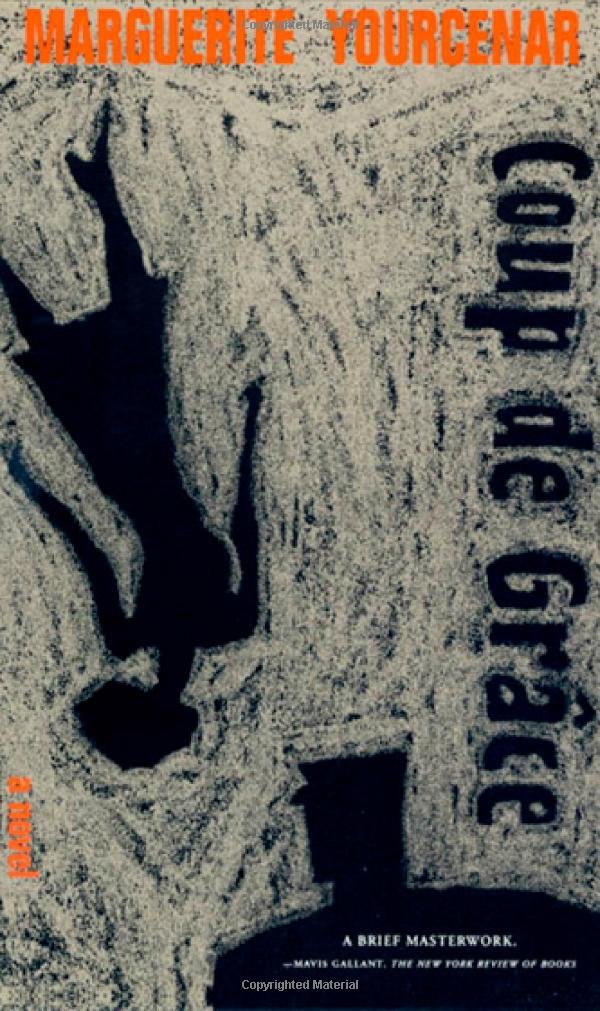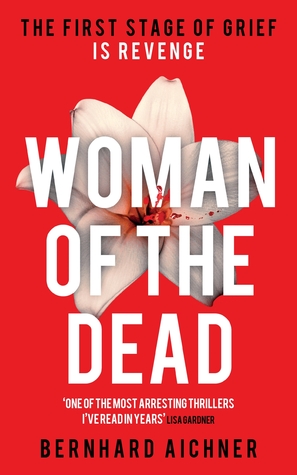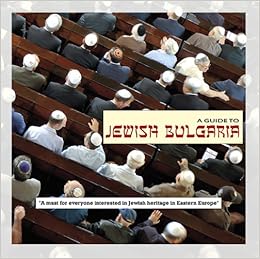Es ist schon ein wenig überraschend, wie sich in Deutschland die Diskussion über das jüngste BGH-Urteil zum Urheberrecht und zur Verteilung der Kopierabgabe (und der finanziell weit weniger ergiebigen Bibliotheksabgabe) durch die VG Wort gestaltet: da wird von Vielen so getan, als ob uns der BGH etwas Neues sagt, was nicht schon längst auf europäischer Ebene geklärt war (siehe EuGH-Urteil HP vs. Reprobel), da giften sich Autoren, die die Verleger in ihrer Haltung unterstützen und Autoren, die die Verleger als Ausbeuter ansehen in sozialen Medien und anderen öffentlichen Stellungnahmen in manchmal recht unfeiner Weise an – häufig ohne verstanden zu haben, um was es eigentlich geht. Und dann teilen uns auch noch Philosophen(!) ihre maßgebliche Interpretation schwieriger urheberrechtlicher Fragestellungen mit – das hat durchaus manchmal etwas Belustigendes, auch wenn das Thema natürlich für alle Beteiligten sehr ernst ist.
Dass das deutsche System der Verteilung der Urheberrechtsabgaben auf Kopien in seiner gegenwärtigen Form – Aufteilung auf Autoren und Verlage zu gleichen Teilen – europarechtswidrig ist, war im übrigen seit dem o.g. Reprobel-Urteil längst klar. Aus demselben Urteil geht auch hervor, dass wir hier nicht nur Zeuge einer Umverteilung von Geldern von den Verlegern hin zu den Autoren werden, sondern auch, dass die eingesammelten Beträge der Kopierabgabe europaweit in Ländern mit vergleichbaren Systemen (also z.B. Deutschland, Frankreich, Belgien, Niederlande) einen starken Rückgang erleben werden (aufgrund des Verbots der doppelten Abgabenerhebung pro Gerät und Kopie bei Kopierern), von der hauptsächlich die Gerätehersteller und –importeure dieser Geräte profitieren werden; ein weiterer Grund für den starken Rückgang der Ertragskraft der Kopierabgabe liegt in der wachsenden Bedeutung von virtuell gespeicherten Kopien – die Cloud unterliegt nun mal keiner Kopierabgabe und die Bedeutung der klassischen Speichermedien wird auch in Zukunft weiterhin drastisch abnehmen.
Aus all dem ergibt sich daher ohnehin schon, dass das bestehende System der Verteilung der Kopierabgabe durch die VG Wort nicht nur rechtswidrig, sondern auch aus technologischen Gründen nicht zukunftsfähig ist und man früher oder später über ein grundlegend neues System der Autorenentlohnung für “fair use”-Kopien nachdenken muss.
Länder wie Norwegen oder Finnland sind da schon sehr viel weiter. Dort gibt es vom Steuerzahler finanzierte Fonds, aus denen die Autoren für Kopien ihrer Werke kompensiert werden, und man muss kein Hellseher sein um zu verstehen, dass auch in Deutschland früher oder später ein nicht nach Speichermedien diskriminierendes und von tatsächlichem Kopieren unabhängiges System eingeführt werden wird, welches aus Steuermitteln getragen sein wird.
Dass das Reprobel-Urteil und sein BGH-Folgeurteil selbstredend zu einer starken Reduktion publizierter Titel – insbesondere “riskante” weniger marktgängige Titel – und sehr wahrscheinlich auch zu einem tendenziellen Absenken der generellen Autorenhonrare in Deutschland führen wird, sei nur nebenbei bemerkt. Einige Verlage werden wegen erheblicher rückwirkender Forderungen wohl in die Insolvenz getrieben werden. Es sei denn, man findet schnell ein vernünftiges Nachfolgemodell.
Anstatt sich also in unsinnigen Zankereien zu verlieren, sollten alle Beteiligten sich schnellstmöglich zusammensetzen und ein zukunftsfähiges und nachhaltiges Nachfolgemodell entwickeln; dabei muss selbstverständlich auch der Gesetzgeber einbezogen werden. Zum Nulltarif, d.h. ohne finanzielle Einbeziehung der öffentlichen Haushalte und des Steuerzahlers wird eine vernünftige und rechtskonforme Lösung im Sinne aller Beteiligten wohl nicht zu haben sein.
© Thomas Hübner and mytwostotinki.com, 2014-6. Unauthorized use and/or duplication of this material without expressed and written permission from this blog’s author and/or owner is strictly prohibited. Excerpts and links may be used, provided that full and clear credit is given to Thomas Hübner and mytwostotinki.com with appropriate and specific direction to the original content.











 Facebook
Facebook RSS
RSS Twitter
Twitter